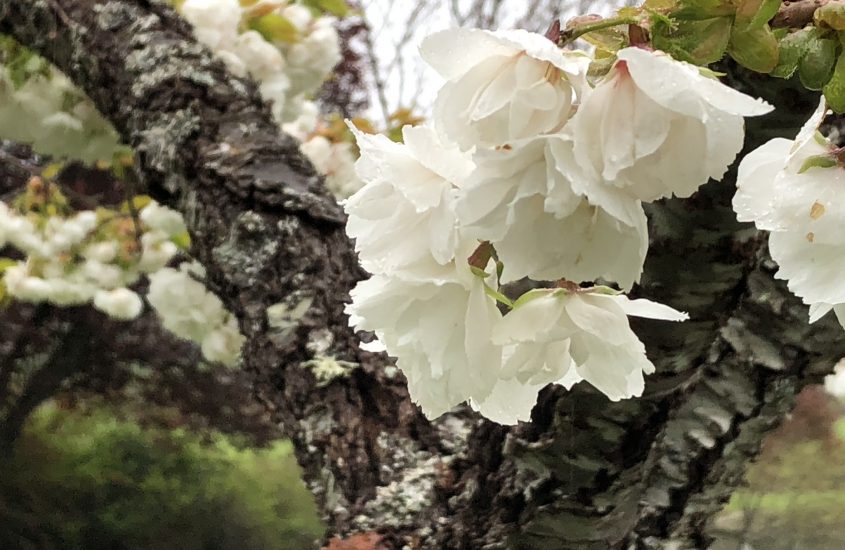“What is Meditation?” with Mukesh Gupta, November 14, 2021
Meditative Self Inquiry: What is Meditation?
With Mukesh Gupta Online
Sunday, November 14, 2021
Ten people were in attendance for another presentation in the Meditative Self Inquiry series offered by Mukesh Gupta. In this case he was with us online from Europe to share his understanding of what J. Krishnamurti taught or expressed about meditation, a subject that has numerous ways of being conceived and described. After a short period of silence, Mukesh talked for forty minutes about meditation as Krishnamurti shared it, then opened up the session to questions from the participants. Following that the group was split up into small “Breakout” rooms of three for a more participatory and intimate experience of group dialogue or inquiry. Then we returned to the full meeting to share some of what took place in the small groups and to bring closure to the session.
Mukesh began his talk by pointing out that K usually began his inquiries into meditation by talking about what it is not rather than what it is. Meditation, according to Krishnamurti, is not a repetition of words (mantra), focusing on an image, following a certain practice or goal to be achieved in time, or an exercise in concentration. What is it, then? K does suggest that, in a positive sense, meditation is “putting our house in order”. This means bringing order to our inner life and activities and thereby creating order or harmony in our “outer” lives. But then the question is “How do we do this?” Can we do it with thought? Is that the appropriate tool, or is there a different energy available, an awareness different from thought which functions in the present moment rather than in the past (as thought does) and which is choiceless by its very nature? The energy of attention or quiet self observation is free from the thought-created “self” or “me” and free of “the known”. The functioning of this attention is meditation and it empties consciousness of its contents. It is not an effortful activity, for effort to change ourselves only creates more conflict. A simple watching without naming or judgement brings a deep understanding of the contents of our consciousness, which releases trapped energies. This observation must be an activity of love: judgement or condemnation is not helpful. In meditation the meditator dissolves. As long as there is a meditator, an entity meditating, there is no real meditation. Meditation, Mukesh agreed with K, is an unpremeditated act. It is to be aware of the whole process of “the meditator”. Self-centred activity must be watched and understood. We must be with the facts of who and what we are, asking deep questions about our identity. Our questions must bring forth a deeper response wherein the active mind becomes silent. Living and meditation are then not separate and there is a constant learning without conclusions.
When the group was invited to pose any significant questions there were a number of topics that were broached. The issue of losing attention when occupied with activities was raised to begin with. Mukesh answered very directly and clearly by saying that we learn to be aware and become more aware by being aware. We can experiment with awareness in our lives, which will slow down the thinking mind and make observation easier. Another questioner mentioned the fact that there always seems to be a “me” or some content present within our consciousness. It was asked if this can then be watched. Can it be seen that the independent “me” is actually an illusion?
The small breakout groups seem usually to be enjoyed and found valuable, and the thirty minutes allocated to that part of the meeting was apparently interesting for the participants. On returning to the full group, a final sharing of our experiences was an appropriate way to wind up the event. Mukesh’s guidance through the subject of meditation was appreciated.



